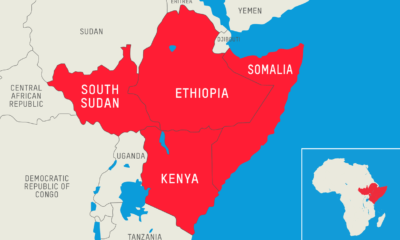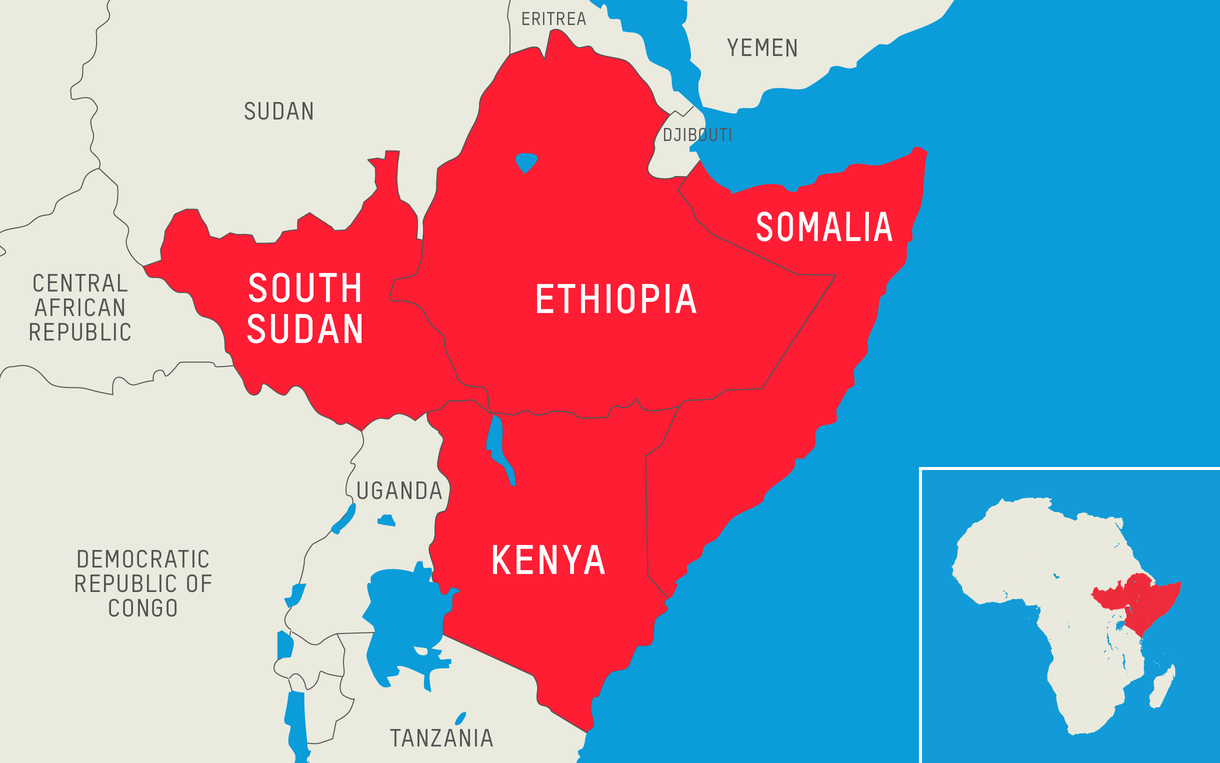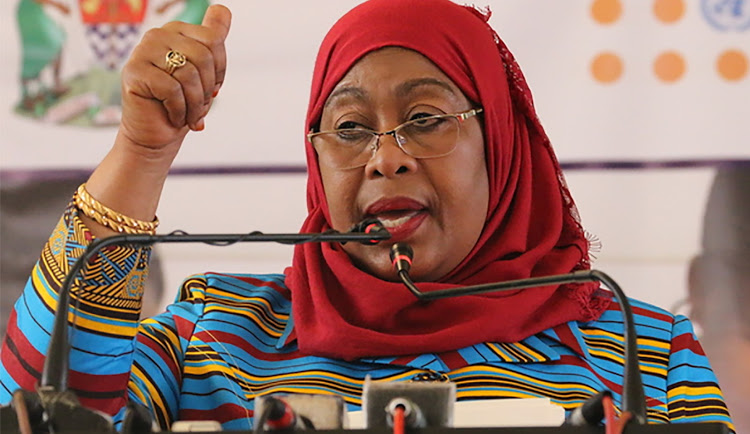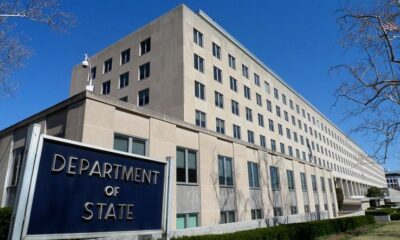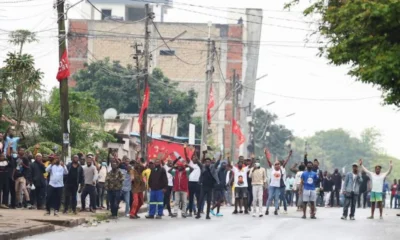Students in public universities are stuck between the conflict heralded by the two major determining powers of their academic journey — the Federal Government and the Academic Staff Union of Universities (ASUU). They are the major determinants because they possess regulatory powers. It can, however, be argued back and forth but, in the long run, it’ll be discovered that the ASUU strike, which is a result of the unsettled conflict between these powers has handicapped the future of some students, in other words, it has slowed down the (academic) journey of undergraduates in public-owned Nigerian universities.
Amidst this hiatus that breeds uncertainty, the contention of whom to blame is not usually debated. It wouldn’t take long before a great number of people support the Federal Government’s decision not to attend to ASUU, and at other times, the Federal Government would own the blame.
ASUU started operation in 1978 as a body of intellectuals in Nigeria’s federal and state universities. Beyond association, it has found an unofficial way to regulate education in Nigeria. Prior to 2009, ASUU embarked on strikes, therefore, to state that the 2009 FG-ASUU agreement was the nascent cause of the persistent strikes. This is tricky and even unbelievable. Even if FG settles debts owed to the body, wouldn’t they still find reasons to go on strike?
The 2009 FG-ASUU agreement, a deceptive tool that lacks ingenuity is being touted as the reason for the strike. The agreement which includes: improved welfare, revitalisation of public universities and replacement of Universities Transparency and Accountability Solution (UTAS) with the Integrated Personnel Payroll and Information System (IPPIS) in rational reasoning is not too much to demand. I believe the main reason for the strike is the long due debt. However, where has this debt come from?
In 2015, when the current President Muhammdu Buhari was elected, it met a provision for 10.7 percent of the national budget was earmarked for education by the former President, Goodluck Ebele Jonathan, remaining the highest in the last decade. Ever since, it has faced a decline in allocation.
“In 2016, the allocation was N369. 6 billion or 7.9 percent of the total budget; N550. 5 billion in 2017 representing 7.4 percent of the total budget; N605.8 billion in 2018 or 7.04 percent; N620.5 billion or 7.05 percent in 2019 and N671. 07 billion or 6.7 percent in 2020,” Premium Times reported.
Meanwhile, the range of allocation before 2015 was around 9 to 10 percent; “In 2011, education got N393.8 billion or 9.3 percent of the total budget; N468.3 billion or 9.86 per cent in 2012; N499.7 billion or 10.1 percent in 2013; N494.7 billion or 10.5 percent in 2014; and N484.2 billion or 10.7 percent in 2015.”
Under Buhari’s administration, the highest allocation to the education sector is 7.9 percent of the 2022 total budget of 16.39 trillion. The 1.29 trillion allocated to the sector still remains behind the 15 to 20 percent the United Nations Educational, Scientific and Cultural Organisation (UNESCO) recommended for developing countries; it is even less than 10 percent after a 50 percent increase of the 2021 allocation.
In 2021, out of the N13.08 trillion budget, only N742.5 billion or 5.68 percent was allocated to the sector remaining the lowest in the decade.
It is obvious that the allocation made to education is usually petty and wouldn’t cover the necessary things. For example, if the allocation made to education is at least 15 per cent or more, there’ll only be less debts to cover and in fact, ASUU wouldn’t go on strike if they notice the Federal government’s effort.
Before the agreement, ASUU had gone on several strike actions. In 1999 for five months; 2001 for three months; 2002 for two weeks; 2003 for six months; 2005 for two weeks; 2006 for three days; 2007 for three months and 2008 for one week. In May 2008, it held two one-week “warning strikes” to press a range of demands, including an improved salary scheme and reinstatement of 49 lecturers who were dismissed many years earlier (in the University of Ilorin) — which proves there are certain times the union embark on strikes which is not debt oriented however, the union has always employed strike action to express their grievances.
By rational assessment, it is unfair to not have salaries of these individuals paid. As much as ASUU is a union, it is constituted of, and by individuals who also need to earn income like any other regular individual.
ASUU’s persistent policy of strike is demeaning and destructive because students who have had a planned future would find it hard to move on with an uncertain calendar. In fact, many Nigerian university undergraduates are leaving their schools to pursue a better education in privately owned universities and other states (countries) of the world which would amount to brain drain.
The government on its own part is not doing enough to alleviate issues. For more than 10 years, the union’s debt hasn’t been sorted out despite their aggressive clamour even to the extent of staking students’ future. Is it not safe to say the administrationS since 2009 have been inconsiderate and uncaring about education in Nigeria?
I had hoped to not ever experience the ASUU strike until it caught up with me. I heard about ASUU strike even before I finished my secondary school education and yet, the government is proving incapable to settle the demands of the union.
In a bid for a better education sector, ASUU should find other means to express its grievances instead of staking the future of students.
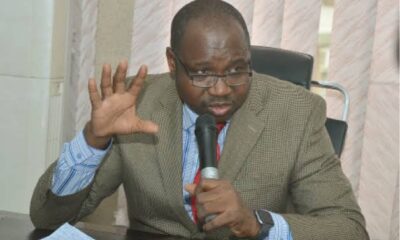
 Metro2 days ago
Metro2 days ago
 Sports1 day ago
Sports1 day ago
 Musings From Abroad2 days ago
Musings From Abroad2 days ago
 Metro1 day ago
Metro1 day ago











